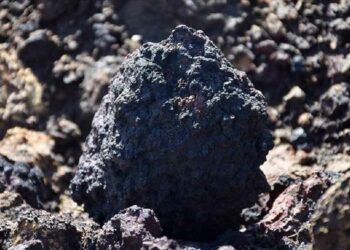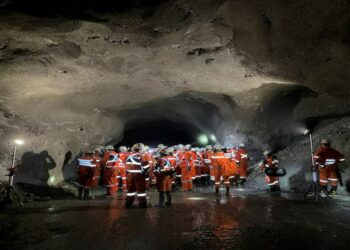The Government of India is planning to issue mining licences through auctions in order to improve transparency in mineral resources allocation.
The government is seeking to amend an existing 57-year-old act and keep the draft amendments in the public domain until 10 December, to allow time for comments and suggestions.
According to the ministry, bulk minerals such as iron ore, limestone, manganese and bauxite, which are proposed to be notified, will account for at least 85% of the country’s mineral production.
A combined prospecting-come-mining licence will be awarded through a competitive bidding process for non-notified minerals.
The successful bidder will undertake the exploration and prospecting work at their own risk and cost, and the bidders should pay either a production share or payment linked to the royalty.
India’s central Government will set the terms and conditions for the auction process.
The new bill will focus on attracting private investment and latest technology, and eliminate delays in administration to allow expeditious and optimum development of the country’s mineral resources.
It also proposes to establish a District Mineral Foundation in every district affected by mining, which will be funded by an additional levy related to the royalty yet to be decided by the Central Government.
In order to be a strong deterrent, the new bill seeks to make illegal mining a recognised offence. It also has a provision to allow state Governments to establish special courts for trial of offences under the Act, if necessary.








